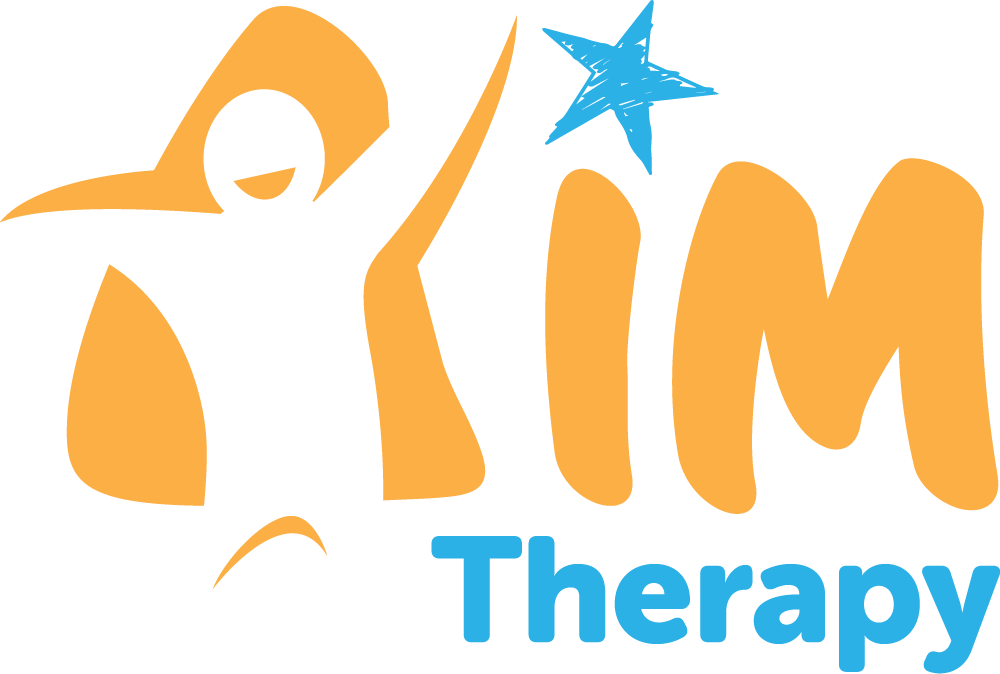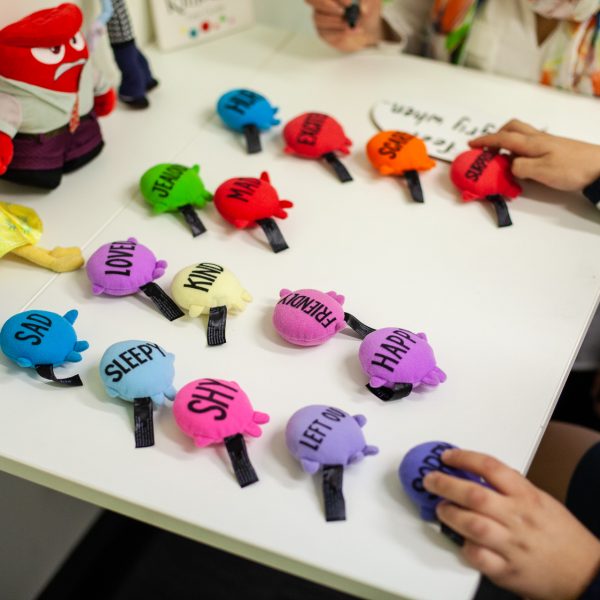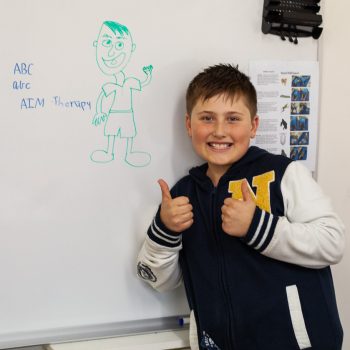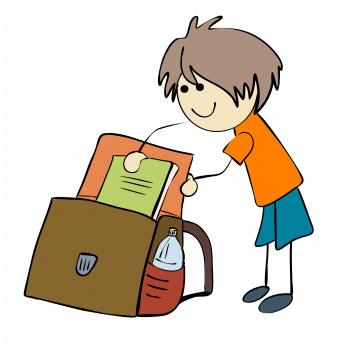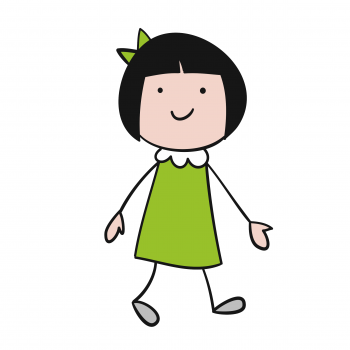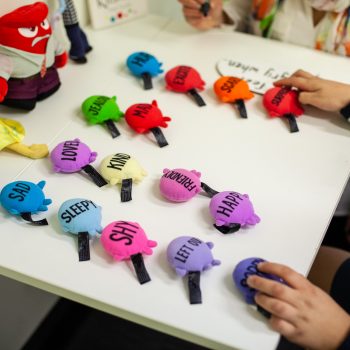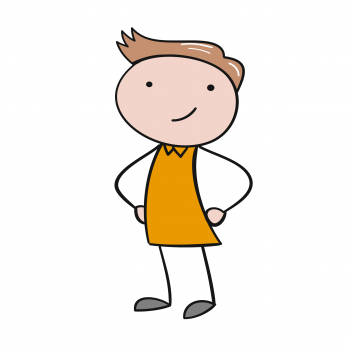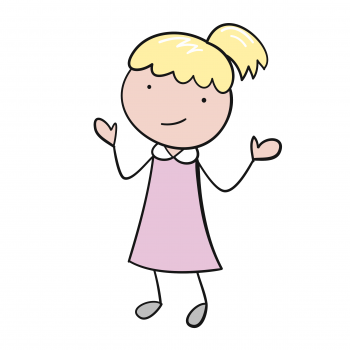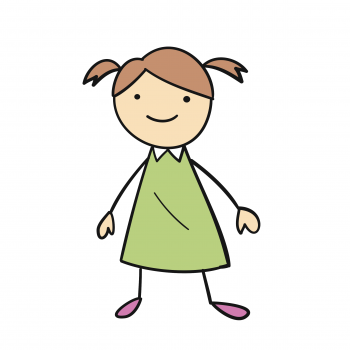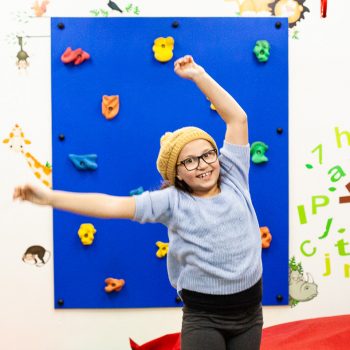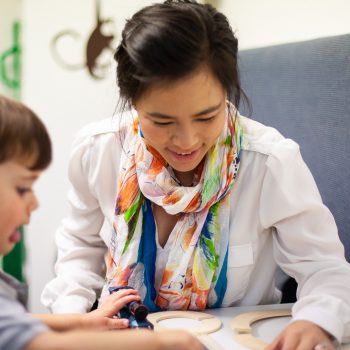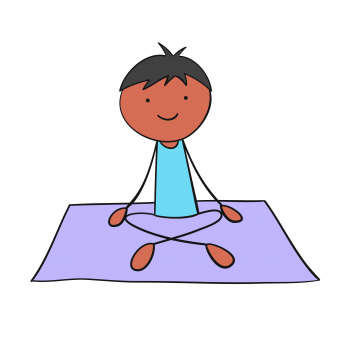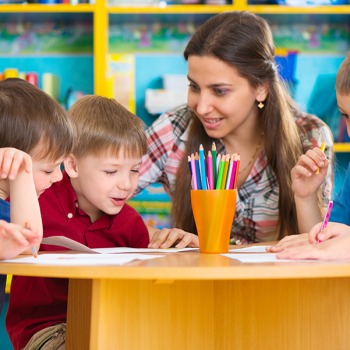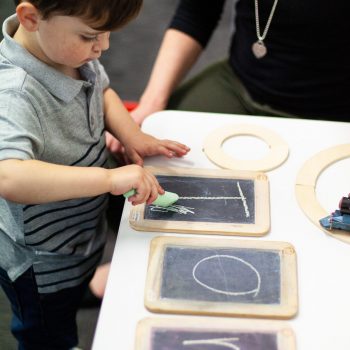Child Psychologist
Individual and group therapy to achieve goals in the following areas is provided:
- resilience
- anxiety and separation anxiety
- depression
- bullying
- managing anger and other big emotions
- feeling shy or withdrawn
- grief and loss
- school avoidance
- underachievement at school
- social/friendship issues
- self-image/confidence
- family relationships
- trouble sleeping/nightmares
- emotional regulation
- toileting
Cognitive assessment can assist to diagnose giftedness or intellectual disability; as well as providing appropriate documentation for schools and the School Curriculum and Standards Authority. Relevant services available include:
- Counselling for educational and developmental issues
- Intervention programs for attentional, learning, and behavioural issues
AIM Psychologists ensure therapy sessions are fun! by tailoring sessions to children and young people’s interests and needs. AIM Psychologists enjoy working collaboratively as part of holistic care management. They have a passion for improving the quality of life and future outcomes for individuals and families with goals related to mental wellbeing.
